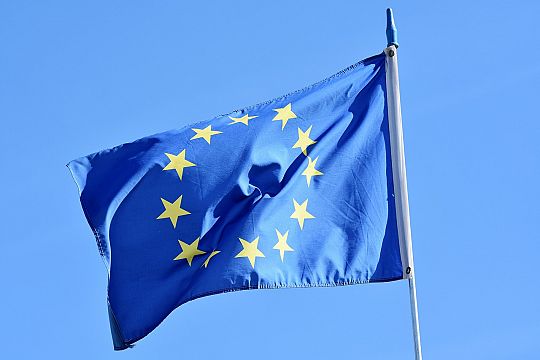EU Parliament wants to address meat overconsumption; fiscal measures for food
Wednesday 23rd November, a majority of the EU parliament adopted a resolution on prevention, management and better care of diabetes in the EU on the occasion of World Diabetes Day, asking the EU commission and EU member states to prevent diabetes by "addressing overconsumption of meat' and supporting "fiscal measures to make fresh foods (such as fruits and vegetables, pulses, legumes and wholegrains) more affordable and accessible at national level, especially for people on low incomes; encourages Member States to use pricing policies such as value added tax differentiation" (see numbers 14-17 of the resolution).
The resolution refers to their amendment of the EU Farm to Fork Strategy 20th October 2021, where a majority in the EU parliament also asked for a high tariff for value added tax (VAT) on food products with negative impacts on public health or the environment and a 0% VAT rate on healthy, sustainable products like vegetables and fruits. In other words, products like red meat and processed meat, and other food products with negative impacts on public health or the environment, should go to the highest VAT rate.
In the EU, 32 million adults are living with diabetes, numbers that are predicted to reach 35 million by 2030. Overconsumption of red and processed meat is one of the reasons millions of people in the EU have diabetes 2. Reducing meat consumption will help to reduce patients with diabetes, and a high VAT rate on meat will help reducing EU meat consumption and and the number of diabetes 2 patients. Oxford University published a report 'Health motivated taxes on meat' and calculated the number of diabetes and other patients reduced if meat taxes would be applied in EU member states. EU member states can reduce 9 billion euro per year in health care costs if red/processed meat taxes would be applied. The Dutch government calculated effects of a tax on processed and red meat and found that this will prevent over 8000 annual patients with diabetes, cancer or stroke. Health care costs will be reduced by at least 50 million euro per year.


